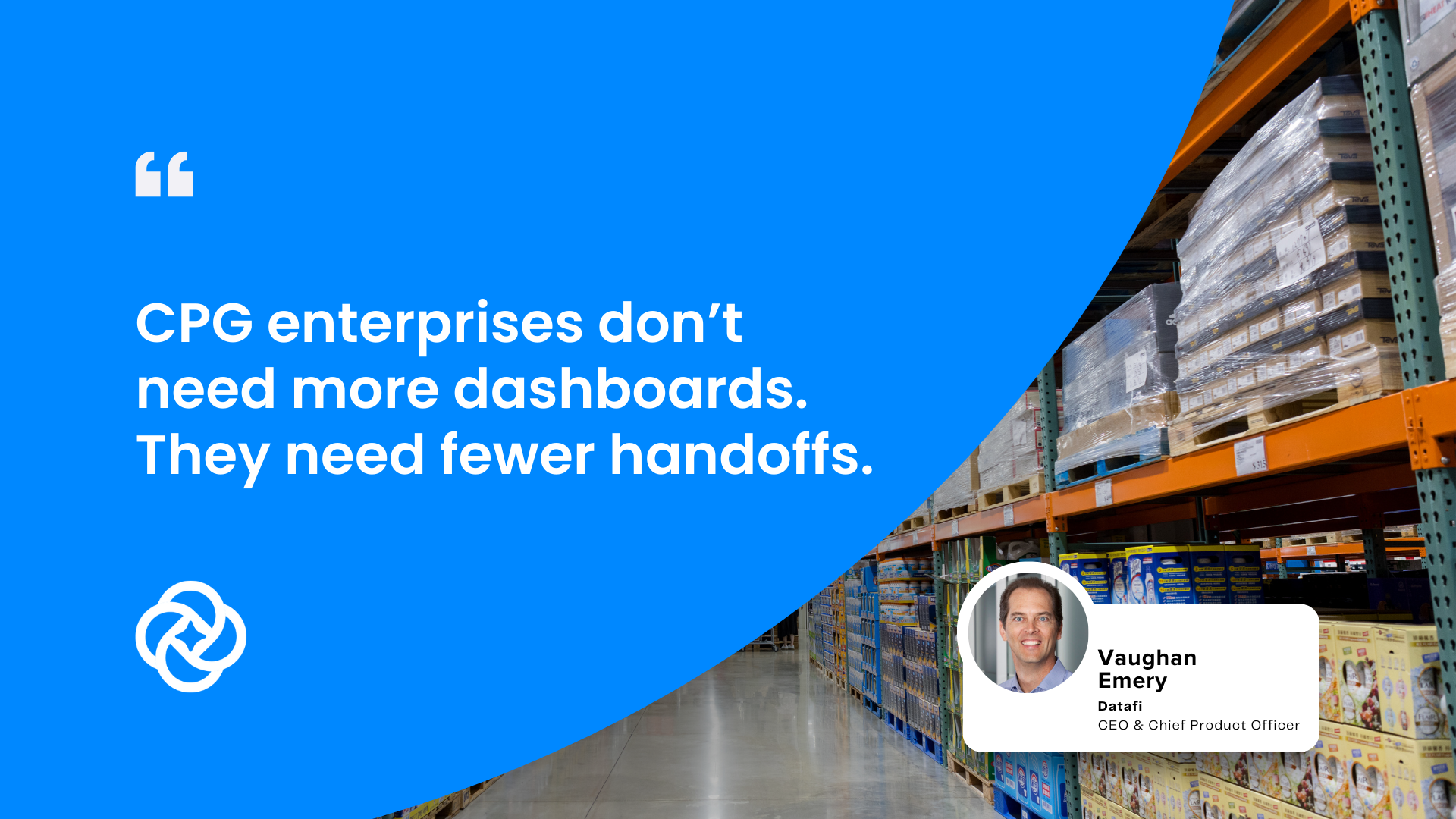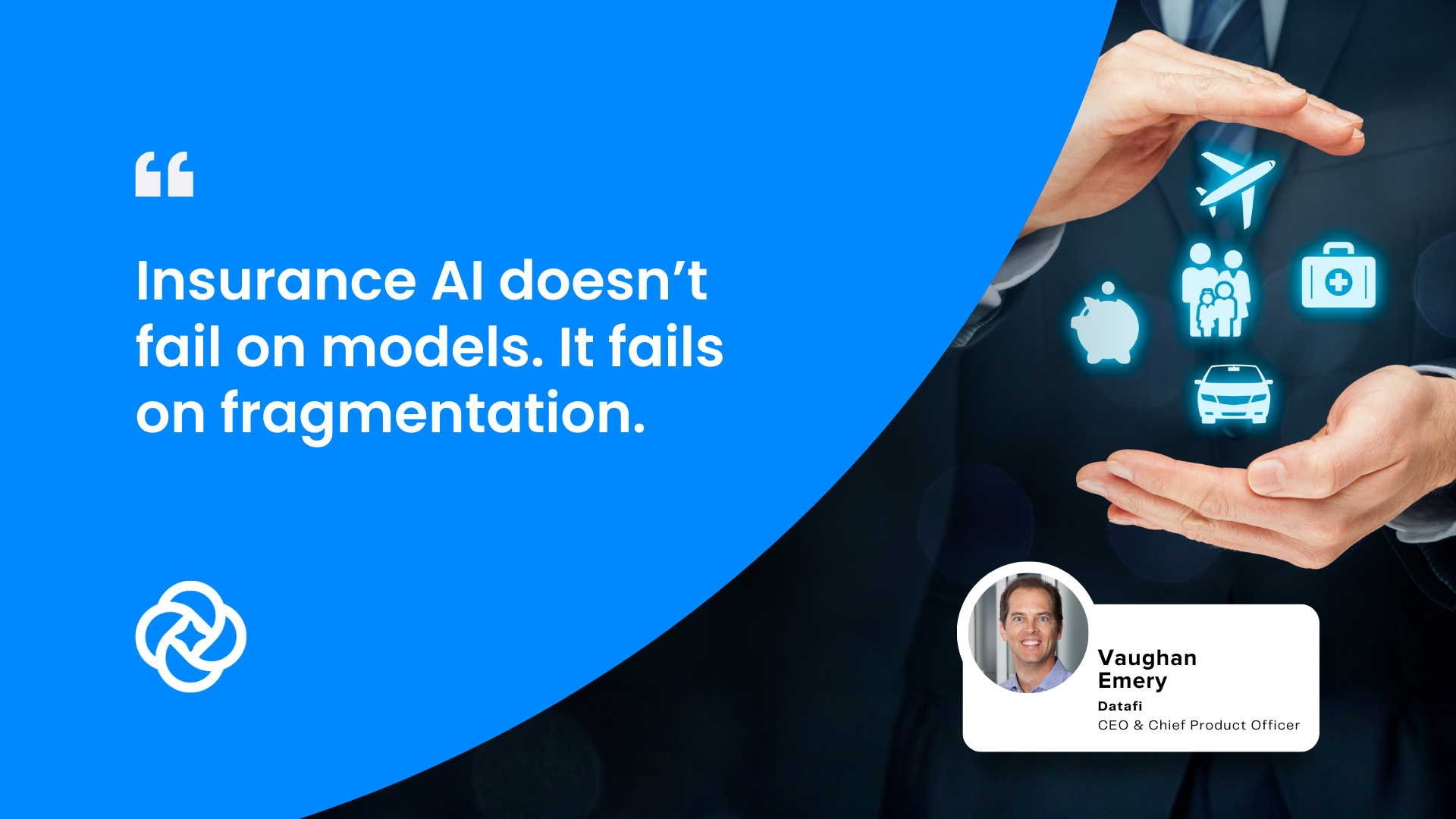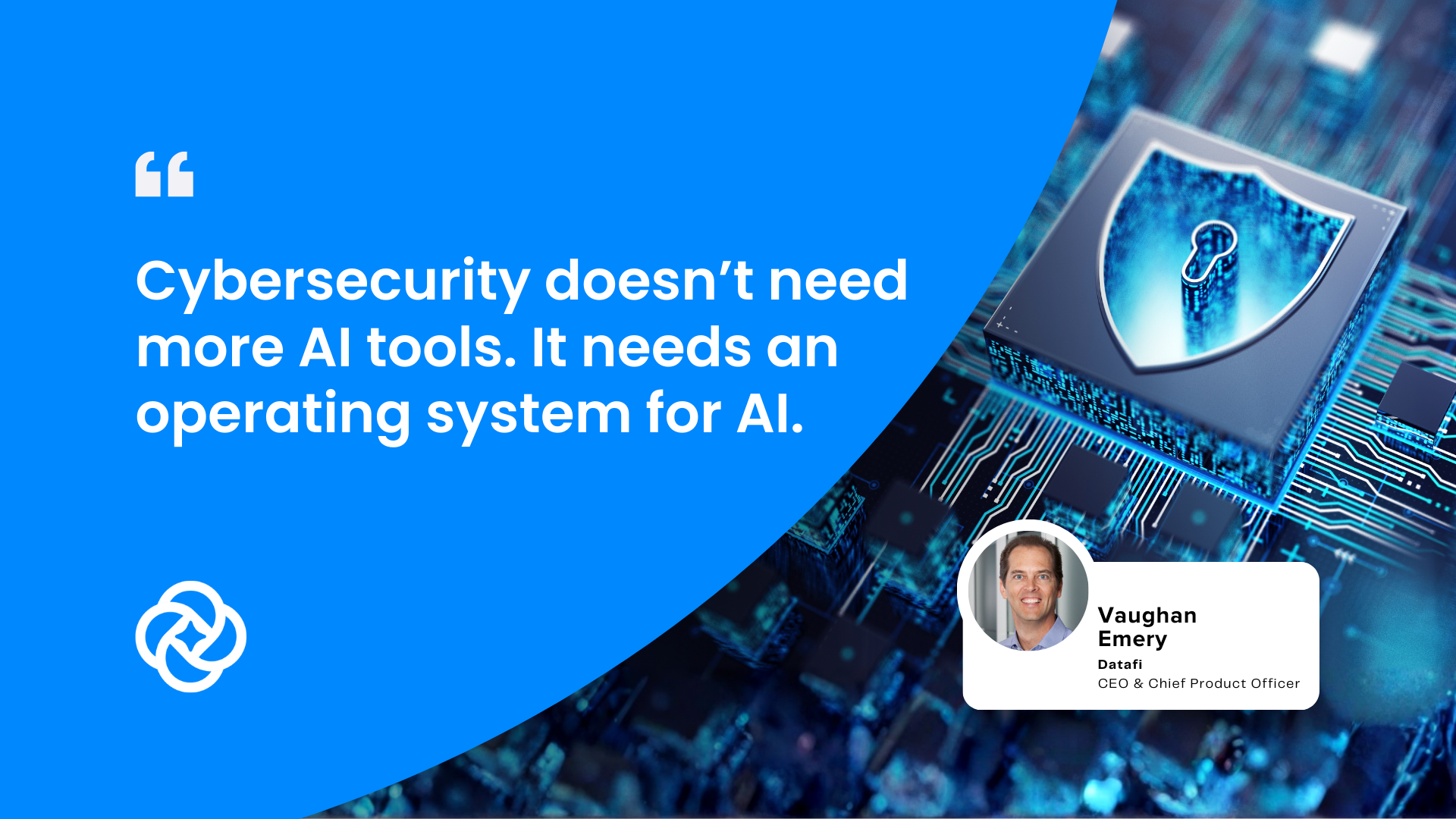The Real-World Benefits of AI Knowledge Agent for Organizations

AI agents might sound a bit futuristic, but they are roaring into the present, providing real-world benefits for organizations of all sizes. There can be a lot of confusion about exactly what an AI agent is, so a pretty good starting point comes from the definition that IBM uses:
“An artificial intelligence (AI) agent refers to a system or program that is capable of autonomously performing tasks on behalf of a user or another system by designing its workflow and utilizing available tools.”
If you’re looking for a timeline, consultants PwC recently published a report titled “AI Agents Reimagine the Future of Work, Your Workforce and Workers,” predicting:
“Within the next 12 to 24 months, AI agents are expected to revolutionize how businesses operate, enabling companies to make strategic moves at a pace and magnitude previously unimaginable. Business models that rely on traditional scale can give way to those favoring agility and innovation.”
The PwC report notes “Just as the internet revolutionized communication, commerce and access to information, AI agents are expected to fundamentally reshape how we work, collaborate and create value.”
While there can be anxiety about AI displacements, PwC sees humans remaining in the loop, writing: “We’re now in the era of augmented intelligence, a ‘capability synthesis’ in which human ingenuity and AI’s analytical prowess combine to help achieve outcomes neither could accomplish alone. This synergistic relationship goes beyond simple automation, helping to unlock new levels of productivity, innovation and efficiency. While AI agents offer remarkable autonomy, an effective model is one of collaboration and dynamic oversight.”
While all of this is promising, nearly all who speak about the future of deploying AI Agents also speak about the need for guardrails. In a recent CIO article titled “5 Top Business Use Cases for AI Agents” Arnab Chakraborty, Chief Responsible AI Officer at Accenture, is quoted as saying: “There are risks around hallucinations and bias. So it’s not just about the use case, but about having the guardrails.”
Datafi Knowledge Agent: Providing Real-World Benefits and Protection
Datafi provides a unified interface for enterprise data that is designed from its very foundation with protection from hallucinations as well as granular security—which is essential when providing AI access to an organization’s data stores.
Datafi derives its power as an AI—or knowledge—agent through its unified interface that gives employees access to virtually all data within an organization—whether structured data sitting in databases and line of business applications, or unstructured data sitting on file shares, email servers, and other stores. Our Datafi Knowledge Agent allows a user to use a chat interface, or simply type in a question using plain language. Behind the scenes our Knowledge Agent searches across the entire data ecosystem, finding the needed data, and then further using AI to provide the results as not just data, but as actionable information for the user.
Real-world benefits emerge as Datafi’s Knowledge Agent helps organizations achieve the goal of pushing data-rich information to the edges of the organization, where it can inform decision-making. Each employee can use Datafi as their personal agent, helping them make better decisions while expanding productivity by offloading tasks to their personal agent.
An employee can ask their agent to track inventory, interact with suppliers, create reports, suggest best customers for a marketing campaign, and a world of other tasks, personalized to the specific needs of each to do their job more efficiently.
Guardrails to Protect Data Integrity
From a guardrail standpoint, Datafi enforces attribute-based access control (ABAC) security that stays with the data, ensuring the contextual security required for AI. ABAC is used by the most security-focused enterprises because it enforces access control at a deeper level, directly on the data itself, enhancing data security. This means that if a person requests data, the Knowledge Agent will respond only with information they are allowed to see—masking out fields, for example, that contain PII or other sensitive information.
Guardrails are also in place to protect data integrity from AI hallucinations because our Knowledge Agent becomes a personal assistant to each user. It learns from interactions, becoming context aware and user aware, which in turn defines a pragmatic knowledge domain that prevents the unleashed wanderings that generate AI hallucinations.
Datafi also enables instant data verification. As the Datafi Knowledge Agent gathers data to respond to an employee’s request for information, it tracks the sources of all data used. This enables a user to dive into the original data sources whenever additional information is desired. Datafi provides additional protection for governance and other needs through its auditability, as it logs all user interactions with data sources.
The future of agents has arrived, and our Datafi Knowledge Agent can help you maximize the real-world benefits.
Check more at datafi.co
The Real-World Benefits of AI Knowledge Agent for Organizations
AI agents might sound a bit futuristic, but they are roaring into the present, providing real-world benefits for organizations of all sizes. There can be a lot of confusion about exactly what an AI agent is, so a pretty good starting point comes from the definition that IBM uses:
“An artificial intelligence (AI) agent refers to a system or program that is capable of autonomously performing tasks on behalf of a user or another system by designing its workflow and utilizing available tools.”
If you’re looking for a timeline, consultants PwC recently published a report titled “AI Agents Reimagine the Future of Work, Your Workforce and Workers,” predicting:
“Within the next 12 to 24 months, AI agents are expected to revolutionize how businesses operate, enabling companies to make strategic moves at a pace and magnitude previously unimaginable. Business models that rely on traditional scale can give way to those favoring agility and innovation.”
The PwC report notes “Just as the internet revolutionized communication, commerce and access to information, AI agents are expected to fundamentally reshape how we work, collaborate and create value.”
While there can be anxiety about AI displacements, PwC sees humans remaining in the loop, writing: “We’re now in the era of augmented intelligence, a ‘capability synthesis’ in which human ingenuity and AI’s analytical prowess combine to help achieve outcomes neither could accomplish alone. This synergistic relationship goes beyond simple automation, helping to unlock new levels of productivity, innovation and efficiency. While AI agents offer remarkable autonomy, an effective model is one of collaboration and dynamic oversight.”
While all of this is promising, nearly all who speak about the future of deploying AI Agents also speak about the need for guardrails. In a recent CIO article titled “5 Top Business Use Cases for AI Agents” Arnab Chakraborty, Chief Responsible AI Officer at Accenture, is quoted as saying: “There are risks around hallucinations and bias. So it’s not just about the use case, but about having the guardrails.”
Datafi Knowledge Agent: Providing Real-World Benefits and Protection
Datafi provides a unified interface for enterprise data that is designed from its very foundation with protection from hallucinations as well as granular security—which is essential when providing AI access to an organization’s data stores.
Datafi derives its power as an AI—or knowledge—agent through its unified interface that gives employees access to virtually all data within an organization—whether structured data sitting in databases and line of business applications, or unstructured data sitting on file shares, email servers, and other stores. Our Datafi Knowledge Agent allows a user to use a chat interface, or simply type in a question using plain language. Behind the scenes our Knowledge Agent searches across the entire data ecosystem, finding the needed data, and then further using AI to provide the results as not just data, but as actionable information for the user.
Real-world benefits emerge as Datafi’s Knowledge Agent helps organizations achieve the goal of pushing data-rich information to the edges of the organization, where it can inform decision-making. Each employee can use Datafi as their personal agent, helping them make better decisions while expanding productivity by offloading tasks to their personal agent.
An employee can ask their agent to track inventory, interact with suppliers, create reports, suggest best customers for a marketing campaign, and a world of other tasks, personalized to the specific needs of each to do their job more efficiently.
Guardrails to Protect Data Integrity
From a guardrail standpoint, Datafi enforces attribute-based access control (ABAC) security that stays with the data, ensuring the contextual security required for AI. ABAC is used by the most security-focused enterprises because it enforces access control at a deeper level, directly on the data itself, enhancing data security. This means that if a person requests data, the Knowledge Agent will respond only with information they are allowed to see—masking out fields, for example, that contain PII or other sensitive information.
Guardrails are also in place to protect data integrity from AI hallucinations because our Knowledge Agent becomes a personal assistant to each user. It learns from interactions, becoming context aware and user aware, which in turn defines a pragmatic knowledge domain that prevents the unleashed wanderings that generate AI hallucinations.
Datafi also enables instant data verification. As the Datafi Knowledge Agent gathers data to respond to an employee’s request for information, it tracks the sources of all data used. This enables a user to dive into the original data sources whenever additional information is desired. Datafi provides additional protection for governance and other needs through its auditability, as it logs all user interactions with data sources.
The future of agents has arrived, and our Datafi Knowledge Agent can help you maximize the real-world benefits.
Check more at datafi.co





